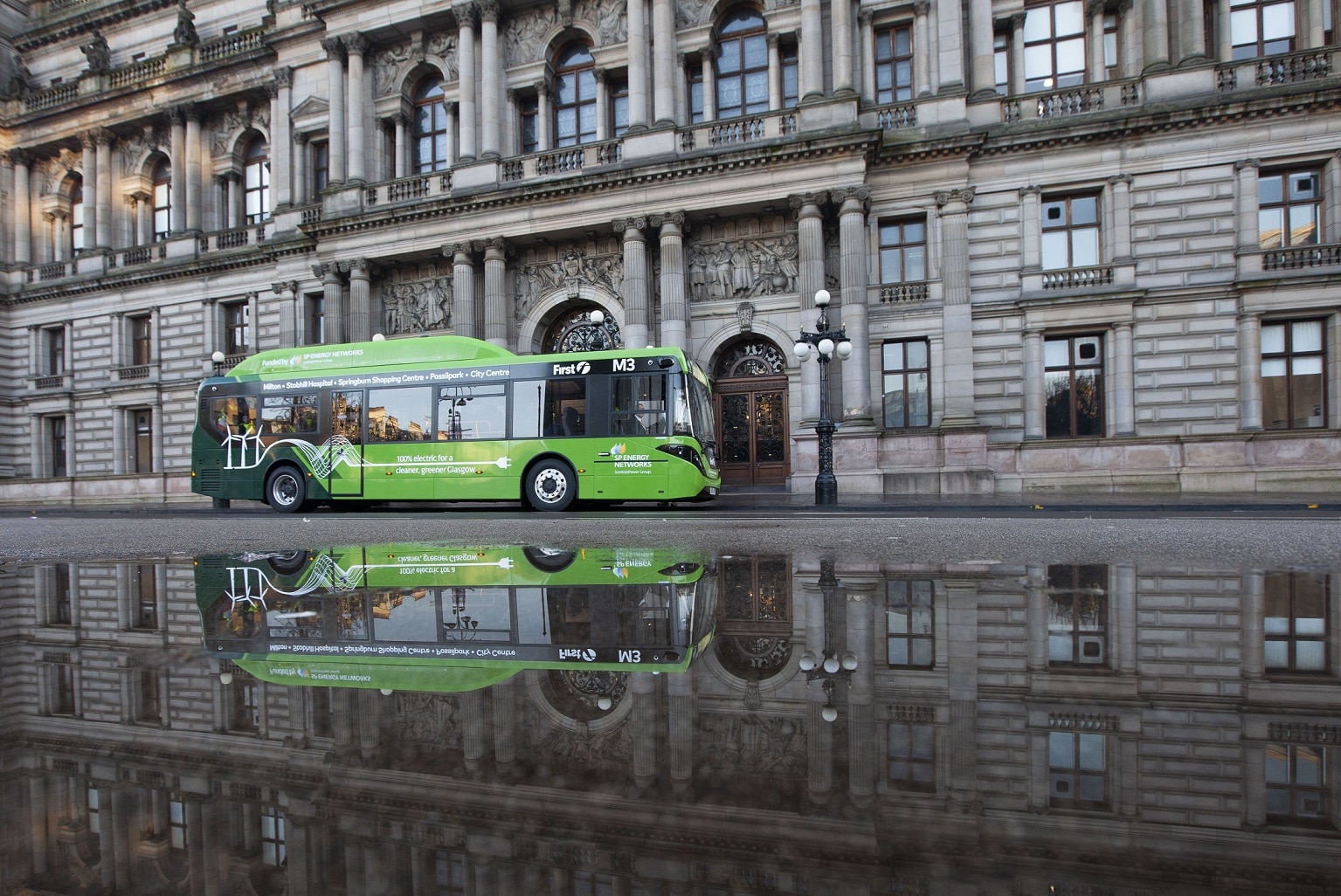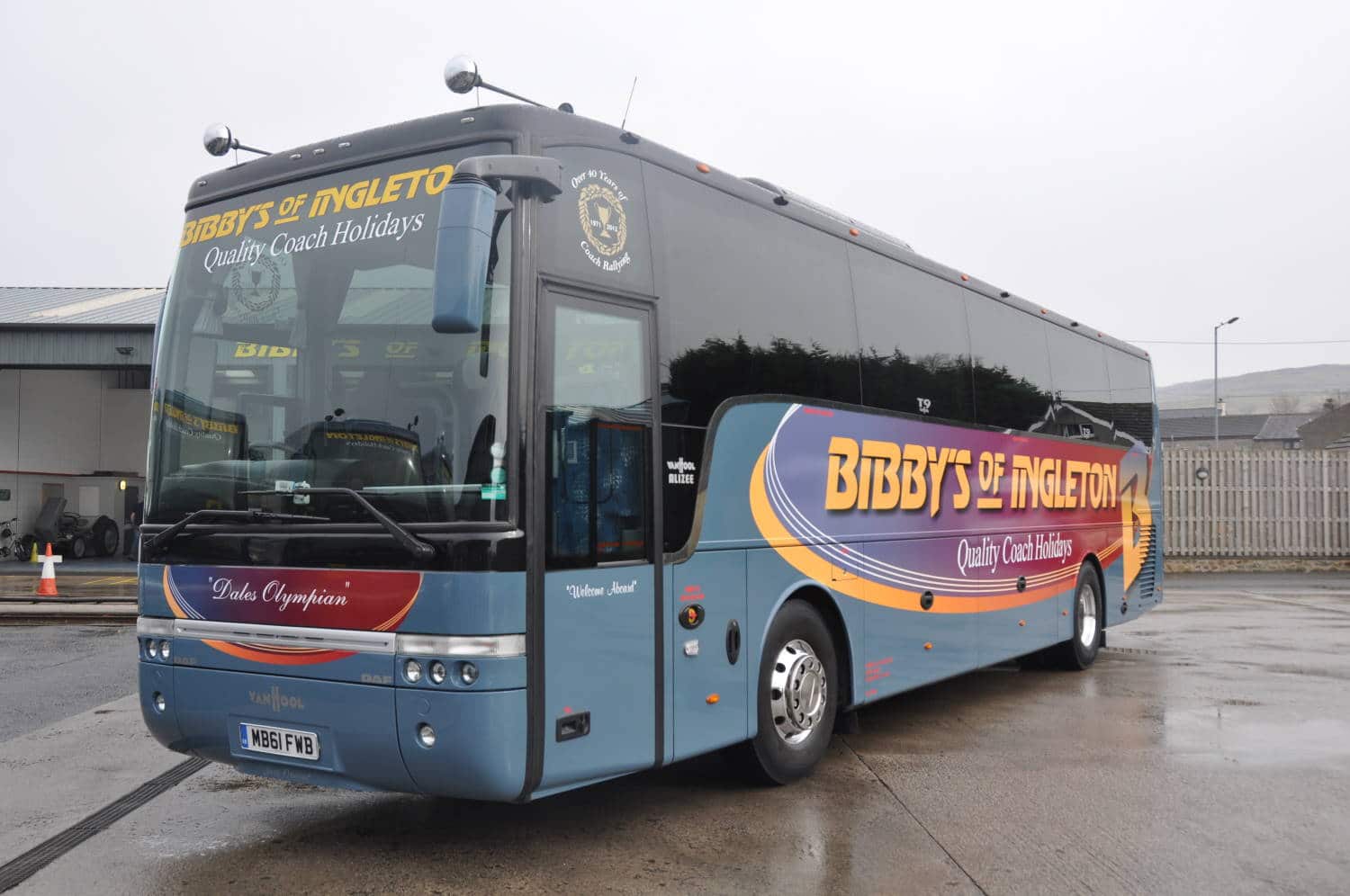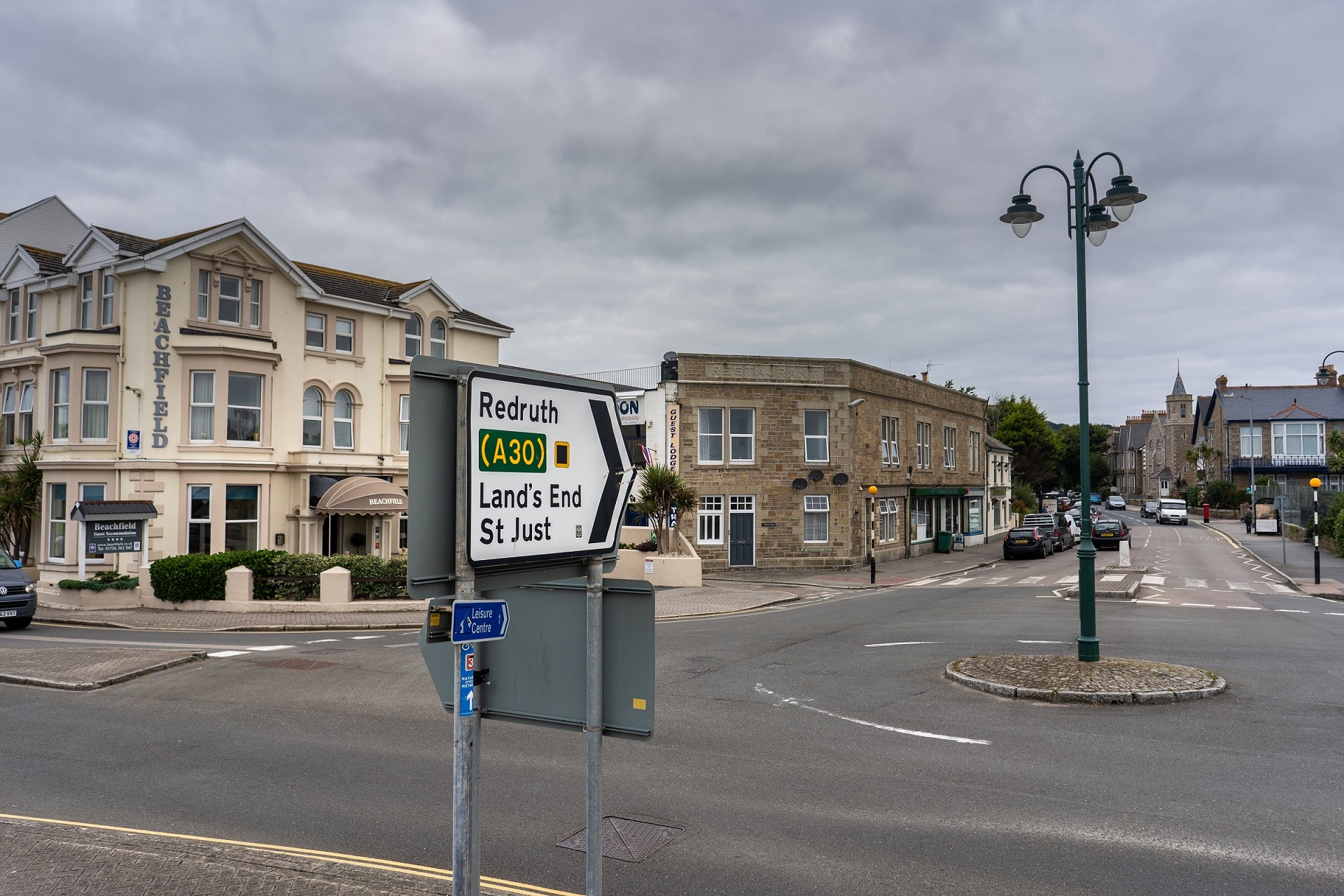First Bus has committed to operating a zero-emission bus fleet in the UK by 2035. As part of that, it does not plan to purchase any new diesel buses after December 2022, parent FirstGroup’s annual results to 31 March have revealed.
First Bus recorded an adjusted operating profit of £46.1m on a revenue of £835.9m for the period, drops of 29.2% and 4.6% respectively from the previous 12 months. The decline in turnover is partly related to the sale of depots at Bolton and Manchester to Rotala and Go-Ahead respectively.
Parent FirstGroup reported a statutory operating loss of £152.7m on revenues of £7.75bn during the period. That reflects costs and charges incurred largely in the group’s North American businesses, which the group remains “resolutely committed to and engaged in” the divestment of.
First Bus like-for-like passenger revenue growth to the end of February was 1.8% the report continues, although demand patterns depending on local conditions.
Fare-paying passenger revenue and concessionary volumes dropped by around 90% from the onset of the coronavirus COVID-19 pandemic in the second half of March, following which around 55% of the First Bus workforce was subject to the Coronavirus Job Retention Scheme.
Only 10% of First Bus customers currently pay by cash, with contactless and mobile payments being favoured. In addition, the report points to the work done in the upgrade of the First Bus passenger app. It now allows customers to check vehicle capacity in real time while waiting.
Additionally, First Bus has welcomed the change in the political climate for buses and says it “looks forward to working closely with our supply chain, industry partners and the UK government to ensure that our shared ambitions can be taken forward following the current crisis.”
Work to address the First Bus cost base has been slower than planned because of the coronavirus COVID-19 pandemic. Among the process that will involve is the use of “more granular” passenger data generated by digital ticketing systems.
On its zero-emission goal, First Bus says that 35% of its fleet is now made up of buses that comply with Euro VI standards or are zero-emission. That includes a large batch of biogas-fuelled Scania ADL Enviro400CBG double-deckers in Bristol, the last of which recently entered service.
30 battery-electric buses are either being delivered or are on order. Others are already in service, including two in Glasgow. First Aberdeen is “preparing” to launch 15 hydrogen fuel cell-electric double-deckers built by Wrightbus. Further vehicle investment will be focused on environmental and partnership commitments, the group says.



























